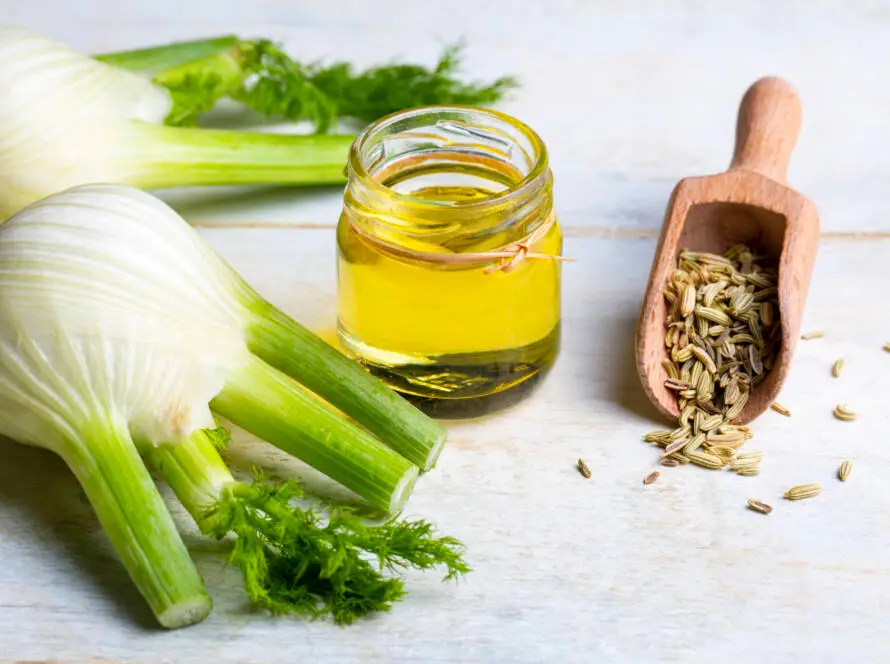Exploring Rosemary: A Multifaceted Herb
Introduction
Rosemary is a small evergreen shrub known for its thick, aromatic leaves and delicate pale-blue flowers that bloom in late winter and early spring. Originally from the Mediterranean region, rosemary flourishes in warm climates and is now grown worldwide. This versatile herb is loved not only for its pleasant aroma but also for its culinary and medicinal benefits.
Traditionally, rosemary has been used for its astringent properties, as a tonic, and to ease digestive issues. Some cultures have historically used it to promote menstrual flow and even for abortion. Additionally, rosemary extracts are popular in cosmetics, with lotions made from the herb believed to support hair growth and prevent baldness. Often recognized for its benefits to mental function and memory, rosemary is indeed a remarkable herb.
Common Names
- Rosemary
- Old Man
Scientific Classification
- Latin Name: Rosmarinus officinalis
Uses of Rosemary
Rosemary is believed to provide several benefits, including:
- Improved Circulation: Rosemary may help strengthen capillaries, improving blood flow and reducing fragility.
- Insect Repellent: The scent of rosemary effectively deters various insects, making it a natural pest repellent.
- Potential Anticancer Properties: Early studies suggest that compounds in rosemary might help fight cancer, though more research is required.
- Muscle Relaxant: Rosemary is thought to support liver and immune function, being useful for conditions like asthma and digestive discomfort.
- Antimicrobial Effects: Research shows that rosemary has properties that combat bacteria, fungi, mold, and viruses, aiding in preservation and healthcare.
Applications in Medicine
The German Commission E, an authority on herbal products, has approved rosemary leaf for the treatment of several conditions:
- Dyspepsia: This term refers to digestive issues that can cause discomfort, bloating, and nausea.
- High Blood Pressure: Rosemary is believed to enhance blood circulation.
- Rheumatism: Its anti-inflammatory properties may help relieve symptoms.
The recommended daily dose of rosemary leaf is 4-6 grams. For essential oils, the typical dosage ranges from 0.1 to 1 mL.
Scientific Insights
Rosemary is considered safe when consumed as a food ingredient. However, it’s crucial to avoid doses exceeding levels typically found in food, as the safety of higher concentrations is not well established. Additionally, rosemary can stimulate menstrual flow and may induce abortion, which means it should be used cautiously, especially during pregnancy.
Side Effects and Cautions
While rosemary is generally safe for most people, some precautions are essential:
- Allergic Reactions: Individuals with sensitivities to plants in the Lamiaceae family may experience allergic reactions.
- Storage Issues: Improperly stored rosemary can develop molds.
Conclusion
This overview highlights rosemary’s diverse uses in cooking and medicine. Whether you add it to your meals, use it in aromatherapy, or explore its health benefits, rosemary is a fascinating herb with a rich history. Always consult with a healthcare provider before using any herb for medicinal purposes to ensure it is safe and effective for your individual health needs.
Resources
- Drugs.com
- Wikipedia.com
This summary highlights the key aspects of Rosemary, including its traditional uses, potential benefits, and safety considerations.
Disclaimer
The information I’ve shared about herbs is for educational purposes only and is not meant as medical advice. While many herbs have been traditionally used for their potential health benefits, individual responses may vary, and the effectiveness of herbs can depend on various factors, including personal health conditions and interactions with medications. It is essential to consult with a qualified healthcare professional or a licensed herbalist before using herbs for medicinal purposes or making significant changes to your health regimen. This information should not be considered a substitute for professional medical advice, diagnosis, or treatment.


